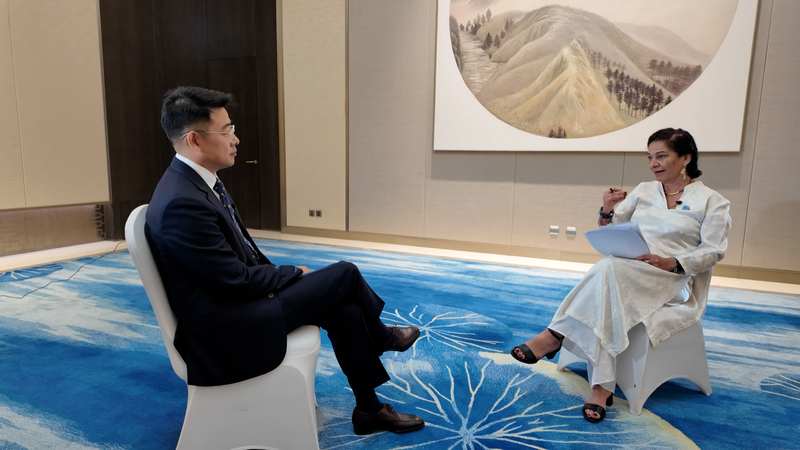The UNESCO World Congress of Biosphere Reserves convened on the Chinese mainland this week, drawing experts and community leaders to chart a science-based, unified path to sustainability. In an exclusive interview, Lidia Brito, UNESCO’s assistant director-general for natural sciences, shared her vision for tackling intertwined global crises.
Breaking Down Interconnected Crises
Climate change, accelerating biodiversity loss, and shifting geopolitical dynamics aren’t isolated problems. According to Brito, they form a web of challenges that demand joined-up solutions rather than fragmented responses.
Science Meets Community with MaB
At the core of this effort lies the UNESCO Man and the Biosphere Programme (MaB). Far from a simple conservation plan, MaB is a practical model that blends scientific research with local know-how. Its network of biosphere reserves demonstrates how communities can safeguard nature while securing sustainable livelihoods.
Data and Tradition: A Powerful Duo
Brito stresses that true progress rests on combining hard scientific data with the invaluable knowledge of indigenous communities. “Our planet’s future depends on listening to both lab results and local wisdom,” she says.
Why Multilateralism Matters
Global problems require global cooperation. Brito calls for strengthened multilateral partnerships, arguing that only through joint action can humanity build a resilient, sustainable future.
By bringing science, communities, and policy together, UNESCO’s integrated approach offers a roadmap for a healthier planet. As Brito puts it: “We all share one home, and we must work as one community to protect it.”
Reference(s):
Exclusive: UNESCO official says science is key to global cooperation
cgtn.com




